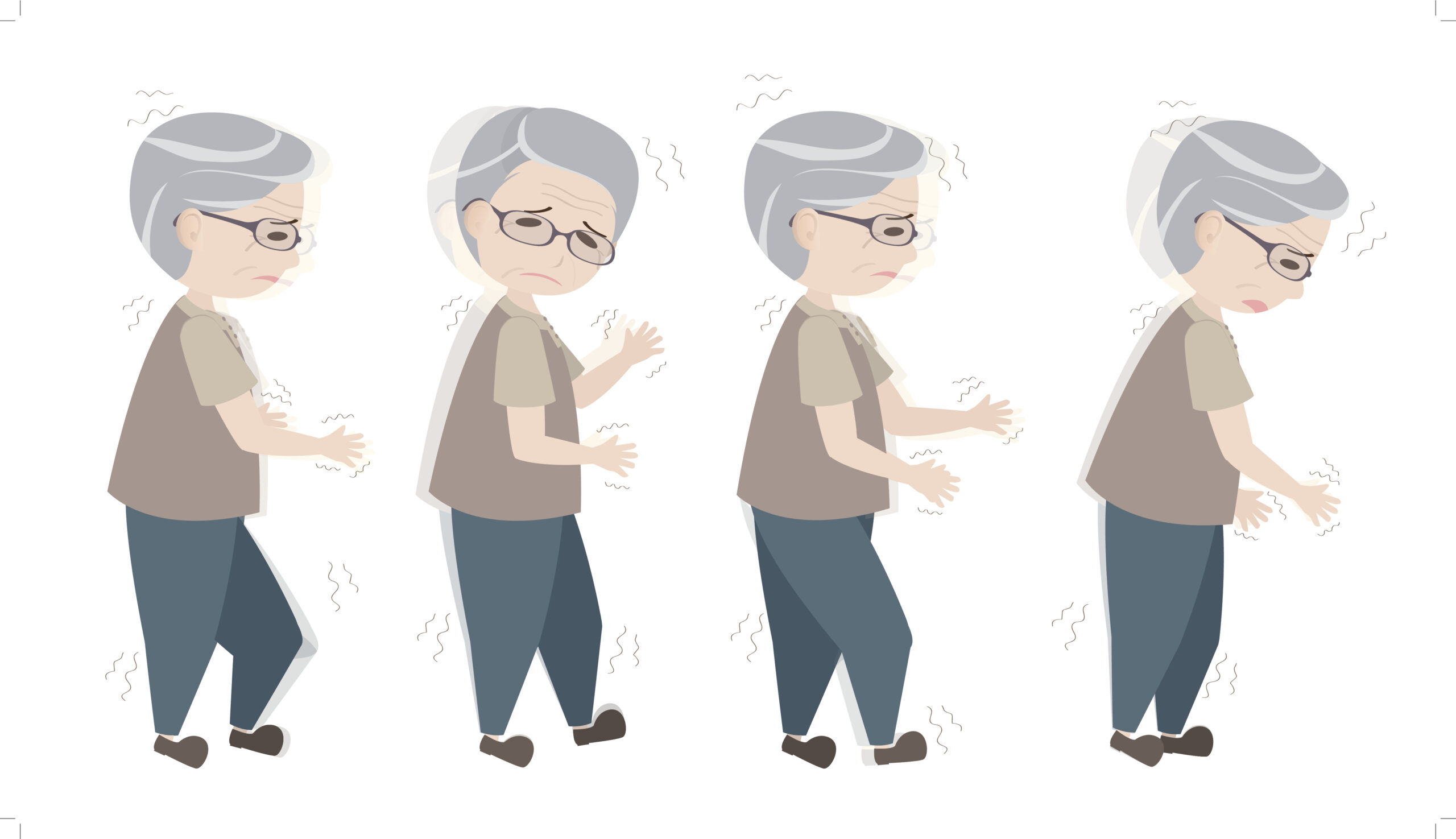As Baby Boomers reach retirement age and beyond, the “greying” of the population will see the number of age-related health conditions soar over the next 20 to 30 years. With 13.8 million people age 65 and older predicted to have Alzheimer’s dementia by 2050, the race is on to find new ways to diagnose early dementia in order to treat and help prevent cognitive decline. A new Canadian study has found that walking patterns are linked with neurodegenerative conditions, and the relationship between mobility and dementia could allow patients to receive an early diagnosis helping to slow the progression of cognitive impairment.
According to a recent Western News report, a team of researchers at London’s Western University studied the walking patterns and brain function of 500 clinical trial participants. The study found that motor performance and mobility can help diagnose different types of cognitive decline associated with aging. By comparing the gait of cognitively healthy subjects with those who had Parkinson’s disease, mild cognitive impairment, Alzheimer’s disease, Lewy body dementia, frontotemporal dementia and subjective cognitive impairment, researchers were able to identify the link between certain walking characteristics and specific types of cognitive impairment.
A high gait variability; fluctuations in the distance and timing of each stride, was found to be a predictor of Alzheimer’s disease with a 70 percent rate of accuracy. This study, published in Alzheimer’s & Dementia: The Journal of the Alzheimer’s Association is the first to demonstrate that gait variability is a marker of cognitive dysfunction. These findings could help identify Alzheimer’s early with the use of wearable technology.
Early diagnosis of Alzheimer’s disease can help patients receive beneficial treatment, provide an opportunity to participate in clinical trials and make lifestyle changes such as stopping smoking, controlling blood pressure, exercising, eating a healthy diet and staying socially and mentally engaged that support cognitive function. With an earlier diagnosis, families have more time to plan for the future, easing anxiety and making the most of each day.






Add Your Voice
0 Comments
Join the Discussion